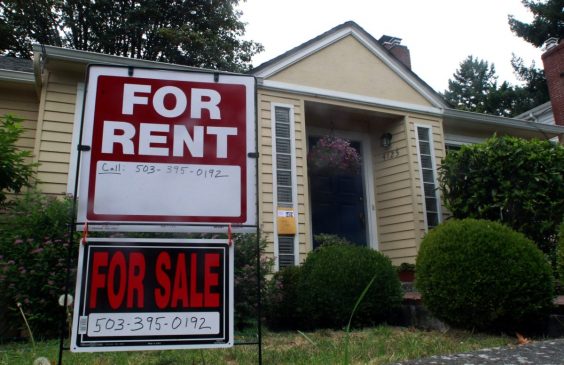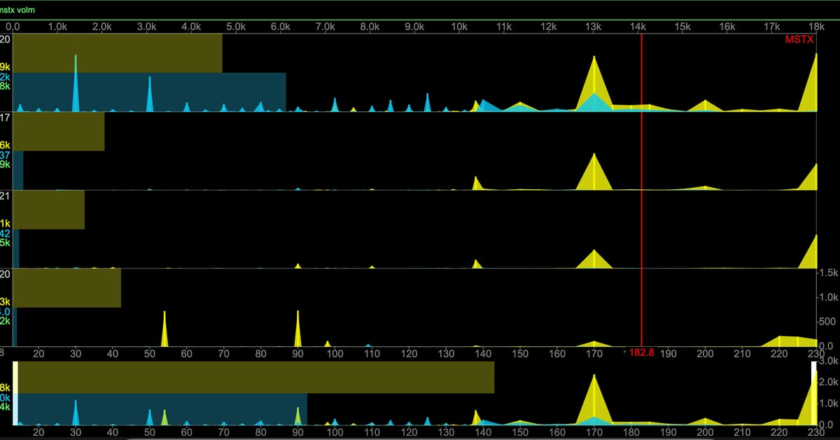- U.S. rental properties are becoming a “coronavirus safe haven,” according to Roofstock, a residential listings website.
- Investors from Asia, Europe and even Australia seem to believe the spread of coronavirus is more contained in the United States than elsewhere.
- The U.S. housing market is likely to benefit from reduced mortgage rates, but affordability issues and stagnant real wages could impede on growth.
With coronavirus looking more like a global pandemic, risk-on assets like stocks have become too volatile to predict. According to one rental property sales website, investors from Europe and Asia are flocking U.S. real estate to hedge against the contagion.
Foreign Investors Flock to U.S. Real Estate
During times of economic and financial uncertainty, safe-haven assets become more valuable to investors. Gold and real estate are the primary “hard assets” investors flock to, with government bonds also serving as a reliable macro-hedge.
According to Roofstock, a U.S. property sales website, foreign investors are piling into rental property in response to coronavirus.
As CNBC noted, this particular segment of the U.S. real estate market is being viewed as a “coronavirus safe haven.”
In an interview with CNBC, Roofstock CEO Gary Beasley said his website has seen a 500% surge in traffic from investors in Asia. Traffic from Germany has jumped 450%. Investors from Australia and the United Kingdom are visiting the website in droves amid the coronavirus outbreak.
He told CNBC:
I think it may be people looking to invest capital into what may be perceived as more stable areas that don’t have as much of an effect, at least not yet, from the virus.
Coronavirus has most certainly reached the United States, but the spread is still under control and is not being treated (rightly or wrongly) as an immediate threat. For investors, certain pockets of the U.S. real estate industry are considered much safer than alternative assets – at least for the time being.
President Trump was swift to ban all travel from China in January after the coronavirus outbreak started growing exponentially. Trump said earlier this week that the decision “saved many lives.”
The Housing Market’s Two-Speed Recovery
While Roofstock only provides one data point, it could be seen as a good proxy for the broader real estate market. Residential real estate in America is being propped up by plunging interest rates, but supply shortages and rising cost of materials are pricing many people out of the market. In this environment, foreign demand is essential to keep the market humming along.
A portion of that demand has been hit hard by the coronavirus outbreak as Chinese banking regulations curbed speculative investments from mainland China. Even before the virus hit, Chinese investors were already backing away from American real estate over trade-war anxiety.
The Federal Reserve’s emergency interest-rate cut earlier this week will eventually trickle down to the housing market as mortgage lenders pass on some of the savings to consumers. Take away this key stimulus and home sales struggle mightily to grow on a year-over-year basis. That’s the first sign something may be wrong with the the average homebuyer.
Lower mortgage rates will make it easier for potential buyers to qualify for their next purchase, but supply shortages might price them out first.
The financial health of American households is also under threat due to rapidly increasing debt. Household debt has surged more than threefold from just 20 years ago. The trend could accelerate as interest rates head to zero.
Disclaimer: The opinions expressed in this article do not necessarily reflect the views of CCN.com.
This article was edited by Josiah Wilmoth.
Last modified: March 5, 2020 5:19 PM UTC




